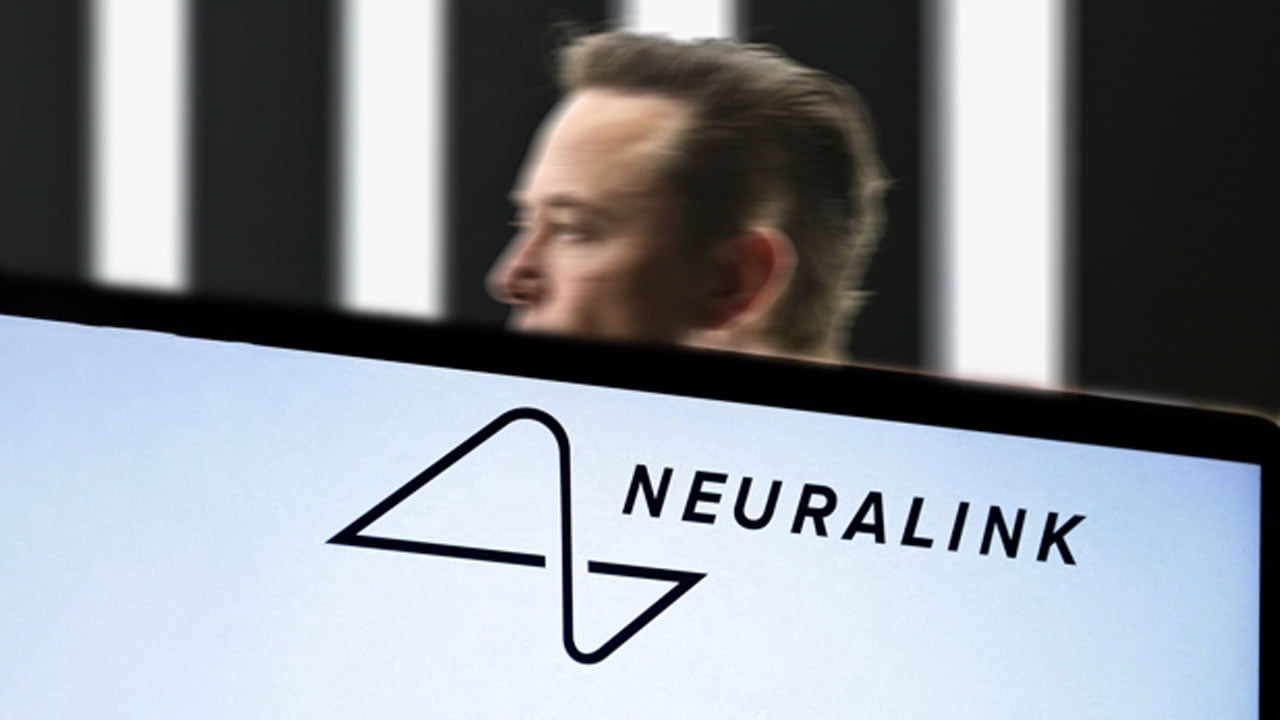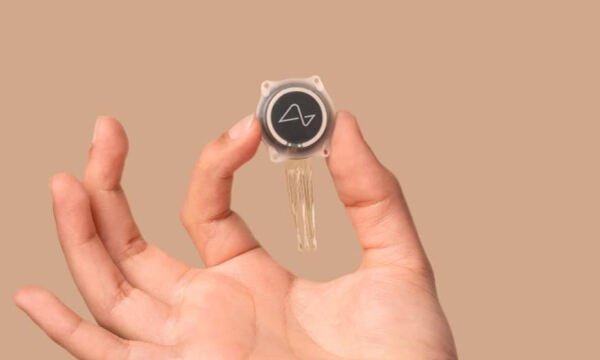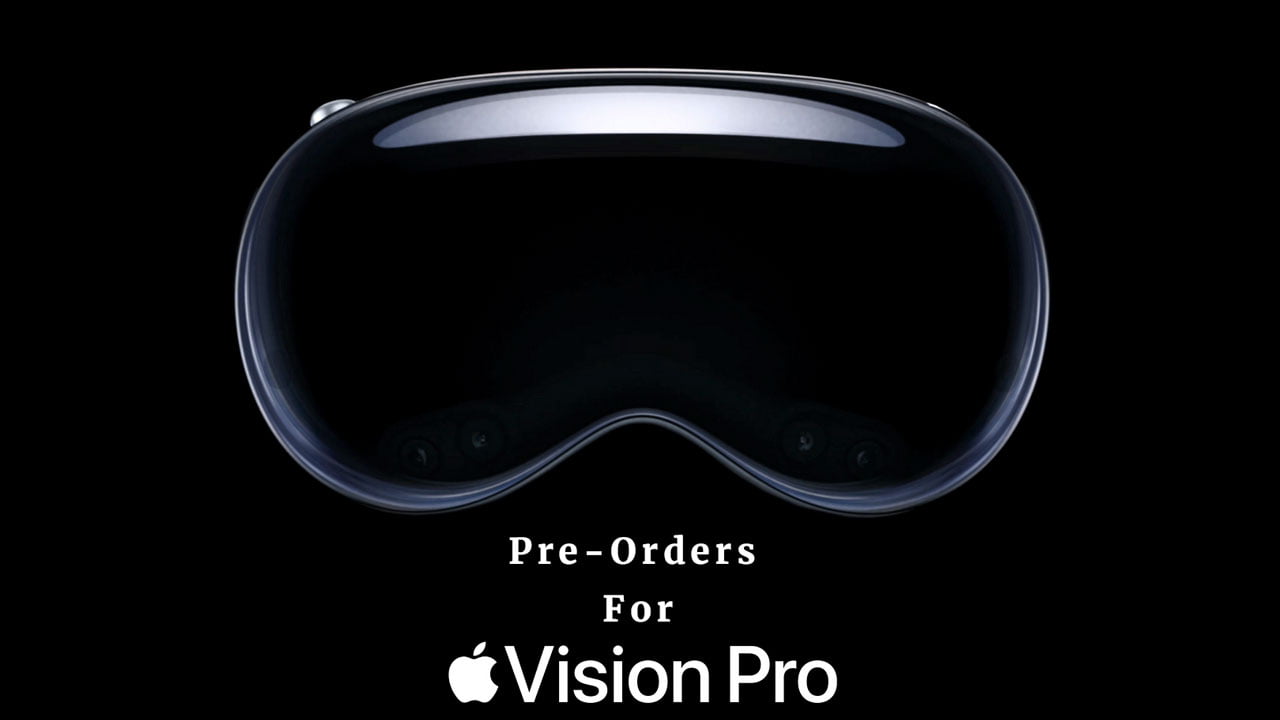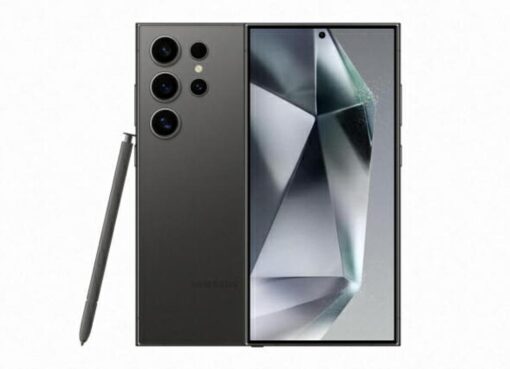Chip Implanted In The Brain: Will Musk’s Challenge Be A Blessing?

Neuralink Chip implanted in the brain, a neuroscience startup owned by Tesla CEO Elon Musk, announced on the 29th (local time) conducted the first clinical trial of implanting a computer chip into the human brain. For now, the goal is to help people with physical impairments carry out their activities, but ultimately, Musk plans to raise humanity’s intelligence and physical capabilities to the point where they can compete with artificial intelligence (AI).
On this day, Musk said on He continued, “Neuralink’s first product is called Telepathy. Just by thinking, you can control your phone, computer, and almost any device that uses them.” He also said, “The initial users will be people who cannot use their limbs,” and “Imagine Stephen Hawking (1942-2018) being able to communicate faster than a typist or an auctioneer who can type quickly. “That is the goal,” he emphasized.
Hawking is a world-renowned physicist who has suffered from amyotrophic lateral sclerosis (ALS, Lou Gehrig’s disease), which causes muscle atrophy, since the age of 21 and has been confined to a wheelchair for his entire life.
Neuralink has been developing technology to implant brain-computer interface (BCI) devices into the brain so that people with physical impairment can control various devices with their thoughts. It is called a brain implant, as compared to a dental implant.
The first step goal is to control the computer cursor or keyboard through BCI. Musk previously emphasized that “even people who were born blind and have never used their eyes will be able to see.”
Neuralink’s First Chip Implanted In The Brain.
Neuralink’s first transplant took place eight months after clinical trials were approved by the U.S. Food and Drug Administration (FDA) in May last year.

At the end of last year, the company recruited patients with quadriplegia due to cervical spinal cord injury or Lou Gehrig’s disease as clinical subjects. Regarding the results of the transplant, Musk said, “The initial results show detection of neuron spikes, which are promising signs.”
Bloomberg News quoted Kip Ludwig, co-director of the Translational Neural Engineering Institute at the University of Wisconsin, as saying that this means that records are being obtained from the patient’s brain. Neuralink is classified as a latecomer compared to competitors such as Blackrock Neurotech and Synchron, which have already attempted brain implants. Neuralink aimed to implant the chip into the brain at a depth of less than 2 mm. It is deeper than the device developed by Precision Neuroscience, another BCI company.
Neuralink is a company founded by Musk in 2016 with an investment of approximately $100 million (approximately KRW 132.9 billion) and is developing special chips and fiber electrodes that connect the human brain to computers and machines in preparation for the AI era. The technology is expected to be used to treat brain diseases such as epilepsy and depression. As of June last year, the company’s value was estimated at $5 billion (about 6.6 trillion won).
Musk’s ultimate goal is to implant AI chips in the human brain to combat AI threats. Musk’s logic is that if humans become as smart as AI, they will be able to cope with situations like the ‘machine rebellion’ depicted in the movie Terminator.
Neuralink was embroiled in safety controversy ahead of its first brain-computer connection. There has been extensive testing on animals since 2016, and four members of the U.S. House of Representatives said in November last year, “Monkeys suffered debilitating side effects, including paralysis, seizures, and cerebral edema, after implanting computer chips, and at least 12 young and “Healthy monkeys were euthanized,” he claimed. At the same time, he asked securities authorities to investigate whether Musk had ever misled investors regarding the chip implantation experiment.
Reuters reported that, based on interviews with current and former Neuralink employees, a total of 1,500 animals have died as a result of Neuralink’s experiments since 2018. Reuters reported that Neuralink was also fined earlier this month for violating U.S. transportation agency rules regarding the movement of hazardous materials.
See More:
Neuralink “First Successful Transplant Of Computer Chip into Human Brain”
Tesla Going Backwards: Market Capitalization Evaporates 277 Trillion Won In One Month
Putin Runs For 5th Term As An Independent
American Cloud Service Companies All Under Chinese Export Controls



Leave a Comment